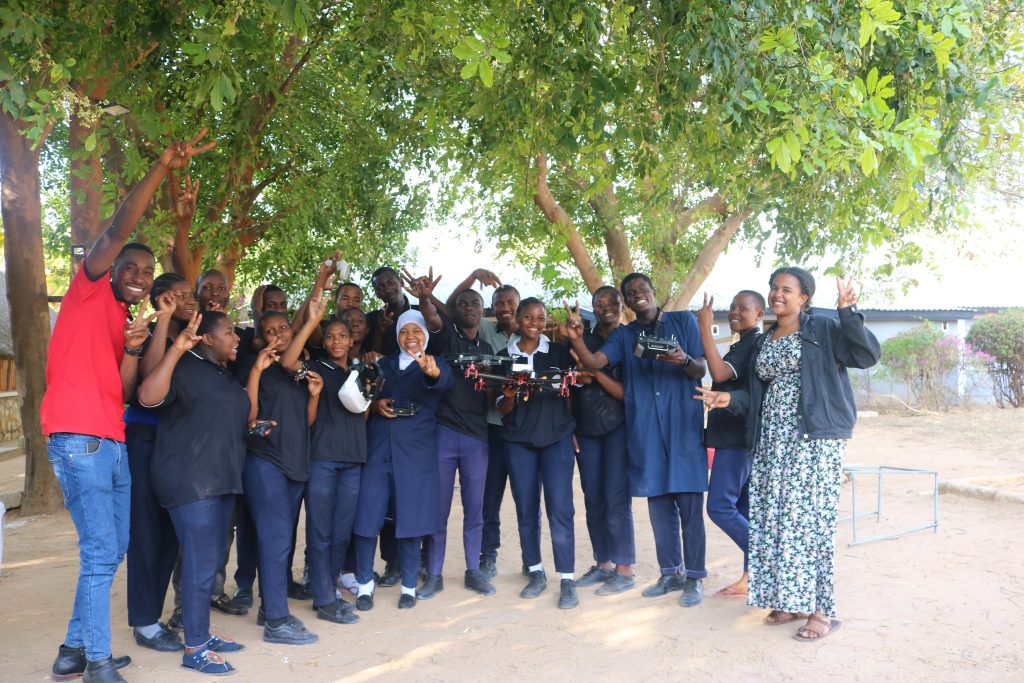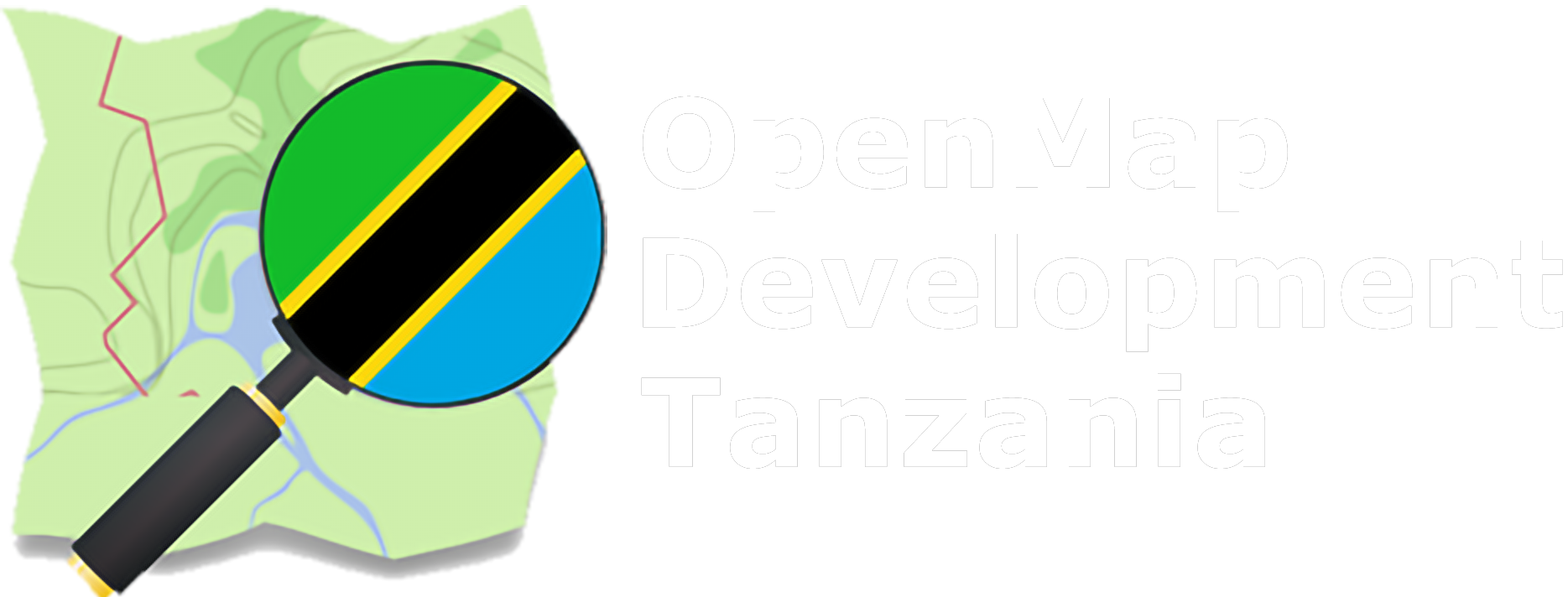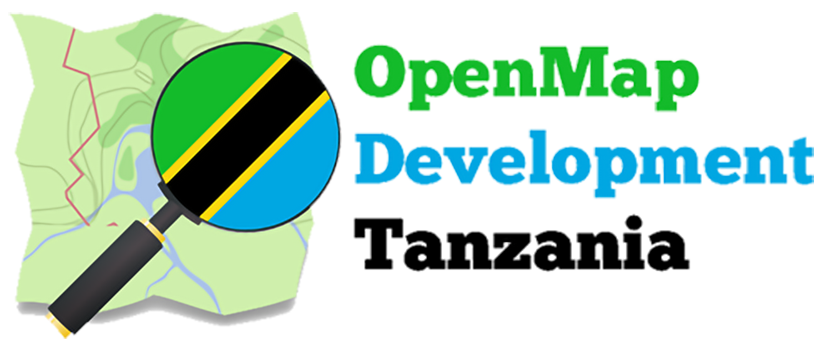
The Open Skies Fellowship has successfully established a foundation for technology fellowship in East Africa through a unique agile management and selection process. Over the 32 months of its implementation, the fellowship has supported a total of 47 fellows, with a gender ratio of 70% female and 30% male. This support included funding, mentorship, and other related opportunities. Furthermore, the fellowship has reached more than 1650 secondary school students through emerging tech exposure workshops, cultivated 5 innovation hubs, and seen over 30% of the fellows’ prototypes evolve into market products, now serving more than 1,000 community members.
We formed 9 partnerships (6 in Tanzania, 2 in Rwanda, and 1 in the DRC), which have facilitated collaboration in implementing the fellowship and established a foundation for further engagement in supporting youth to develop tech solutions that address community needs in East Africa and Africa at large. This report details the project’s main activities, biggest accomplishments, and challenges.
Exposure Workshops
We conducted 5 week-long exposure workshops for potential fellows passionate about technology in Tanzania, Rwanda, and the DRC. These workshops resulted in the selection of 41 projects addressing community challenges.
Fellowship Selection and Onboarding
We onboarded 47 fellows (21 in Tanzania, 11 in the DRC, and 15 in Rwanda) with a 70:30 female-to-male ratio, exceeding the original plan of supporting 40 youth. Fellows were selected based on seven unique criteria and underwent rigorous fellowships emphasizing human development.
Community Projects
Fellows developed 41 community problem-solving projects using technology, supported by our mentorship program and funds. These projects were shared with younger generations through high school workshops, reaching about 1650 students in 33 schools.
Innovation Hubs
We cultivated 5 existing hubs focused on open data, frontier technology, and innovation. Training sessions for youth in these hubs, particularly in drone activities and STEM, helped them gain skills in emerging technologies. This included a two-week training with the Tanzania Civil Aviation Authority trainees on building drones from scratch and working with vocational training centers SIDO and VETA.
Innovation Events
We participated in 8 innovation events, showcasing fellows’ projects at innovation fairs and exhibitions, participating in 5-panel discussions, and attending 2 boot camps organized with Project Inspire.
Monitoring, Evaluation, and Media Outreach
We conducted end-term monitoring and evaluation (M&E) for the project and engaged in various media outreach and coverage.
Accomplishments
Fellows’ Success
The fellowship supported 47 fellows in developing their projects and professional skills, with 32% taking their products to market.
DRC Implementation
Despite challenges such as COVID-19 travel restrictions, we successfully implemented the fellowship in the DRC, partnering with Kobo Hub and achieving 100% female participation among DRC fellows.
Partnerships
We formed partnerships with 5 hubs and collaborated on workshops in 4 regions of Tanzania, 2 in Rwanda, and 1 in the DRC, exposing 180 youth to emerging technology solutions.
Continuous Impact
A continuous partnership with SIDO TLEDHub Mwanza ensures the fellowship’s ongoing impact beyond its completion.
Fellows’ Recognition
Fifteen fellows have been recognized by public and private institutions, receiving awards, funding, and prizes, significantly expanding their networks.
United Nations Selection
One fellow was selected as one of the 17 young leaders for the United Nations Sustainable Development Goals (UNSDGs).
OMDTZ Hub
OMDTZ has become a hub for drones and cutting-edge technology, attracting university students and youth interested in hands-on learning experiences.
Employment Opportunities
Three OSF team members are now employed with international drone companies, and five others with public and private institutions, reflecting the fellowship’s success in transforming livelihoods by imparting meaningful technical skills.
Early Tech Education
We established a partnership with LEXIS school to provide continuous practical training in drones, robotics, 3D printing, IoT, and other technologies to nursery and primary school children aged 5 to 11 years.

